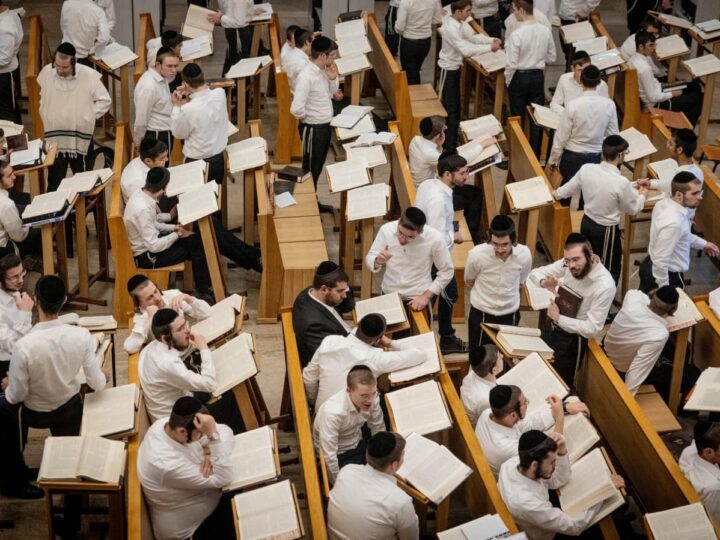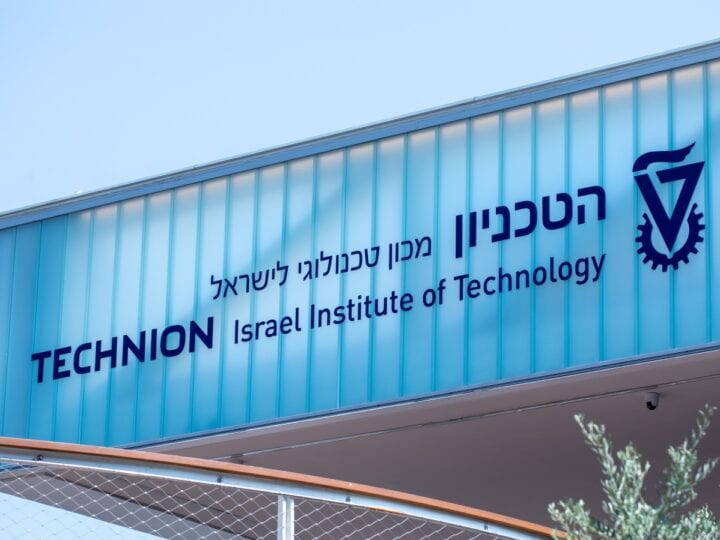“A” is a physically disabled Druze youth who had failed 11 subjects by the end of junior high school. He lacked both motivation and self-esteem, and his teachers and parents had all but given up on him.
Thanks to an innovative educational program implemented in A’s high school, he graduated with a high-honors matriculation certificate and plans to enter the prestigious Technion-Israel Institute of Technology after two years of voluntary national service as a tutor in his former high school, where he is now seen as a role model.
“S” had failed 10 subjects in junior high and was described by his homeroom teacher as having “a tendency towards serious delinquency.” Like A, however, S graduated with a high-honors matriculation certificate and will begin studies in water engineering at Kinneret College after finishing three or more years of army service.
These two young men are part of the Arabic-speaking Druze community of Israel, a distinct insular minority with its own religion, living primarily in the northern periphery of the Galilee and Golan Heights.
There are about 2,271 Druze 12th graders in Israeli public schools staffed with Druze principals and teachers. Though many Druze Israelis have attained successful positions in the military and private sectors, the overall low socio-economic level of Druze families is linked to a high dropout rate.
That was the impetus for the Education Ministry to introduce the unique “accelerated learning” approach pioneered by the Yeholot Association, a subsidiary of the Rashi Foundation, in 2009. The resulting dramatic rise in matriculation rates spurred the continuation of the program, now providing 6,000 Druze, Jewish, Arab and Bedouin students from 100 Israeli schools with confidence in their own potential and the tools to reach it.
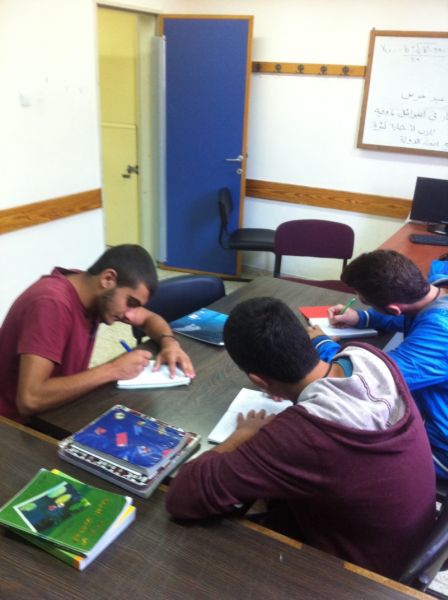
The Hebrew word yeholot means “abilities.”
“This name reflects our conviction that everyone is able to succeed at school, and that students in the periphery have many abilities that have not been realized yet,” says Yeholot Director Nissim Cohen, who developed the accelerated learning method some 20 years ago.
Supported equally by the Ministry of Education and the Rashi Foundation along with other philanthropic partners, Yeholot was first implemented in underachieving Bedouin and Jewish schools and then brought to 20 Druze schools six years ago. Now it operates only on the high school level.
Freshmen identified at risk of dropping out after failing an average of seven subjects are placed in an accelerated three-year Yeholot program geared to earning a full matriculation certificate at the end of 12th grade. Older students who failed or are expected to fail the matriculation exam in up to three subjects enter a one-year accelerated learning program to enable them to pass the exams.
“A combination of these two steps has increased the matriculation rate in the Druze high school in Beit Jann from 70 percent to 100%, and in Peki’in from 60% to 93%,” Cohen tells ISRAEL21c. “The matriculation rate across the entire Druze sector went up from 52% to 73% since we began the program.”
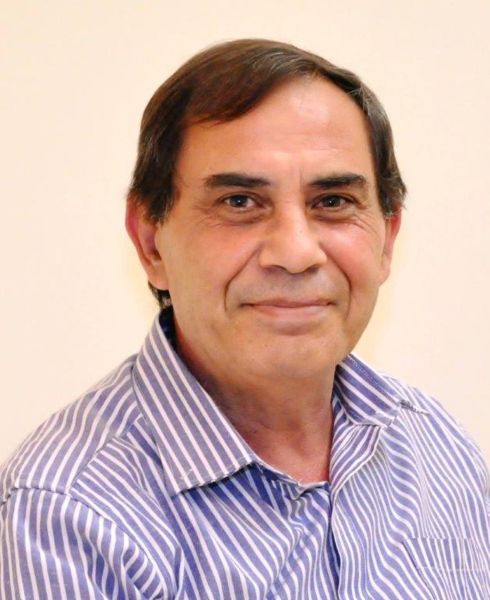
This achievement required nothing less than a conceptual transformation of education, says Cohen, whose trainers work closely with administrators, teachers and Education Ministry officials in the Druze sector.
“Usually, failing students are treated as unfortunate kids with no hope of succeeding, so teachers and parents lower their expectations of them. We operate in the opposite way. Our approach gives the lowest-achieving students more learning hours — not only in school but also evenings, holidays and weekends — and this may be the first time someone challenges them,” says Cohen.
“When we break the mindset of the student, parents and teachers that he or she can’t succeed, this causes a chain reaction of success. Every teacher has to believe that every student can succeed.”
Yeholot trains teachers to first concentrate on the one or two subjects most difficult for each child. Once progress is achieved, the student is confident enough to tackle another subject. “You have to add a lot of motivation,” Cohen says.
Mohana Fares, head of Druze and Circassian education for the Education Ministry, says the Yeholot approach has “changed the perception of teachers and the school management” and is being implemented fully in three schools and partially in most other Druze high schools.
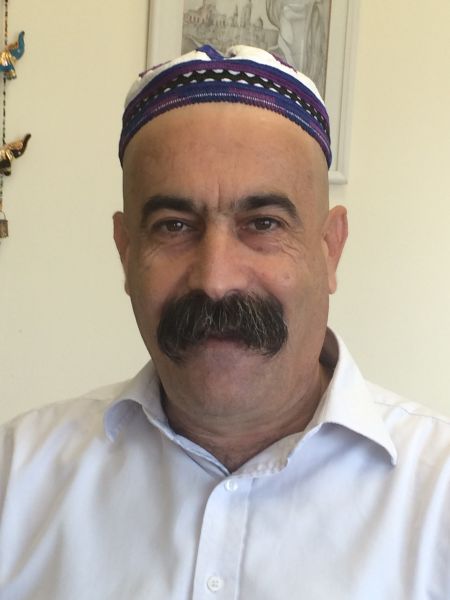
“The flexibility of the Yeholot model allowed us to adapt it to the specific needs of each school, and it utilizes the existing educational team rather than outsiders who have no connection to the community,” he tells ISRAEL21c.
“And it isn’t just a technical method to pass the matriculation exams. It has a mission of social change; it impacts the school and the entire community through dialogue and cooperation between parents, students and teachers, and through professional training of local staff to lead these processes.”
The Druze matriculation rate matters in Israel’s multi-cultural society, says Cohen.
“When a certain group falls behind it is bad for this group as well as for society as a whole. In the Druze community, as in any other population group, closing the educational gap and reaching a matriculation rate similar to the rate in the Jewish sector increases social cohesion and a sense of belonging and solidarity. It is an indication of a more just, enlightened society and shows that the schools fulfil their role of educating students from all population groups and backgrounds”.















